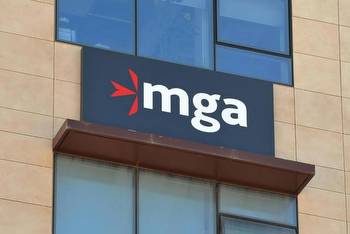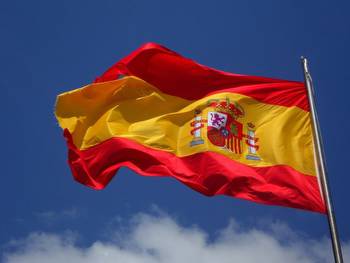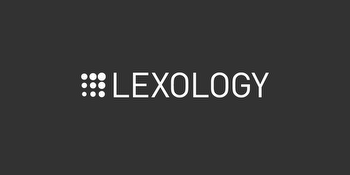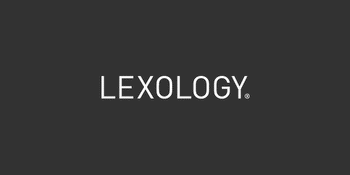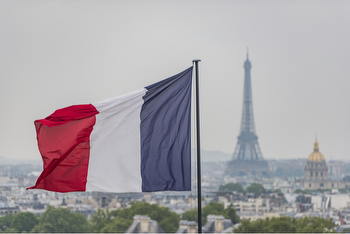How gambling advertising is regulated and should gambling Ads be banned in Malta
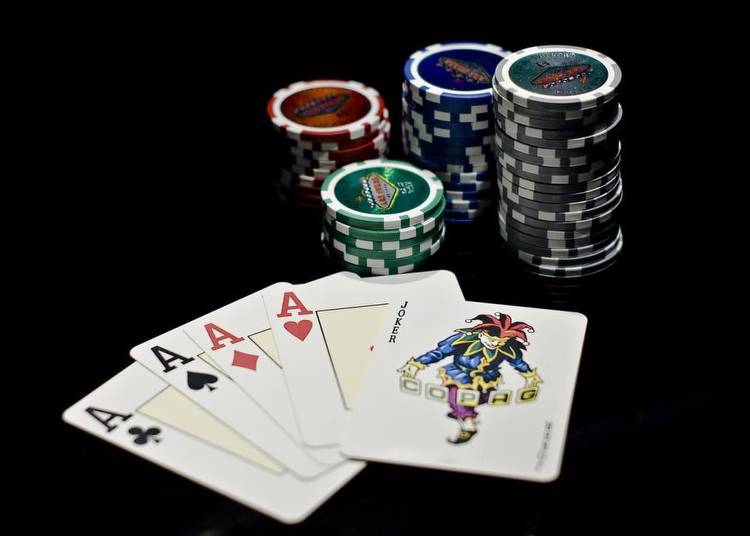
Malta stands out as a country with exceptionally fertile soil for the development of most forms of gambling, and the industry poses as one of the biggest contributors to its GDP. In fact, Malta was the first European country to come up with a legislative framework for its gambling industry, and presently, its residents can engage in such activities online and offline with the full peace of mind that they are not doing this in violation of the law.
It is hardly a surprise that more and more gambling operators are looking to acquire a license from the Maltese Gaming Authority as it lists among the so-called white-listed gambling jurisdictions. This means that operators with a stamp of approval from the accrediting agency are allowed to advertise their services to residents of the UK. Read ahead to find out how gambling advertising is regulated in Malta, and what the impact of some of the most recent legislative changes there is.
How Gambling Regulations Changed in 2018
In essence, the Malta Gaming Authority has been drawing attention to problem gambling since 2004, and henceforth has presented a number of restrictions license holders need to abide by religiously.
The gaming regulatory framework of the country was restructured back in 2018, which led to major changes in the gaming advertising policy licensed operators need to comply with.
It is worth noting that after the legislative changes came into effect, gaming commercial communications moved under the sway of the Gaming Commercial Communications Regulations.
The legislative changes were presented with a focus on the protection of vulnerable individuals and minors, and more specifically, the main aim is to guarantee that they will be protected from exploitation or harm. Another aim of the legislative changes is to ensure that market initiatives and gambling advertisements are socially responsible.
Key Limits on Advertising Covered by the Maltese Legislation
So, the question at hand is what key limitations gaming operators are up against after the legislative changes. The first and the most important thing to mention is that after the legislative changes were passed, the Maltese Gaming Authority tightened its grip on multiple forms of advertising, including bonuses, promotions, sponsorships, and social media. First off, TV broadcasts are off-limits between 06:00 am and 07:00 pm. Besides, television stations are not allowed to broadcast gambling-related advertisements between 07:00 pm and 06:00 am if a children's program is about to start or has just ended. The same is also valid for radio broadcasts.
Social media has not been left outside the scope of the legislative changes, and the new rules address advertisements made by third parties, as well as by accounts held by the gaming companies themselves.
Sponsorship is also referred to in the legislation of the country, and under the new rules, using a logo, image, or text is allowed only with the aim of identifying the specific provider of gambling services. Yet, this is not the case with activities the predominant audience of which is minors.
Please bear in mind that these rules do not apply to the cases when the only aim of the communication is an informative one or when it is intended to give further details about an opportunity for employment. It is essential to note that in either case, a reference to any gambling services should not be used.
Another essential thing to bear in mind is that placing gambling-related advertisements on public transport or any public place is strictly against the law. Such is not the case with hotels, holiday complexes, airports, seaports, gaming-specific conferences, gaming premises, or the premises of operators.
After the introduction of the new ruleset, commercial communication must not promote gaming as socially attractive, encourage anti-social or violent behavior, promote consumer credit services that are instantly available, or present gaming as a better option than its social alternative. According to the gambling regulation in Malta, providing misleading information about the chances of winning and that players' skills can help them improve their results in chance-based games is also illegal.
Gaming operators are prohibited from sending solicited gambling-related information to people who have made use of the self-exclusion schemes or such who have requested to stop getting such information.
After Effects Violation of Law Will Have
If gaming operators are found to violate any of the above-specified rules, they might face legal proceedings or, in the best-case scenario, will be asked to modify or terminate the communication, which does not fit the laws of the country.
If the Gaming Authority establishes a violation of the law, the operator might face a penalty of up to €25.000. Alternatively, the operator might need to pay an administrative penalty of €500 per each of the days the violation of the law has lasted. This is










